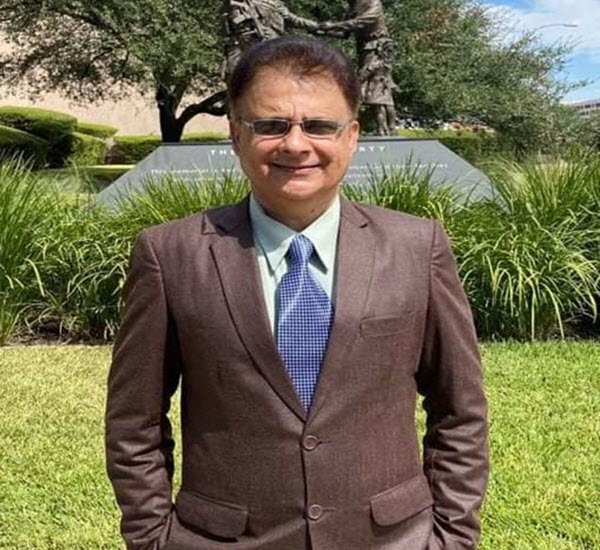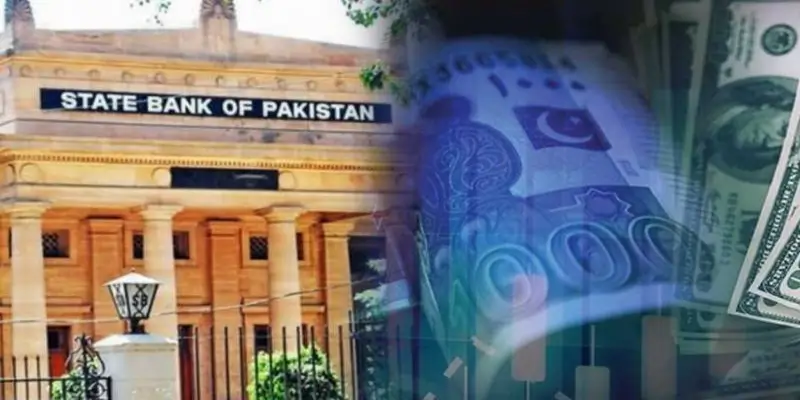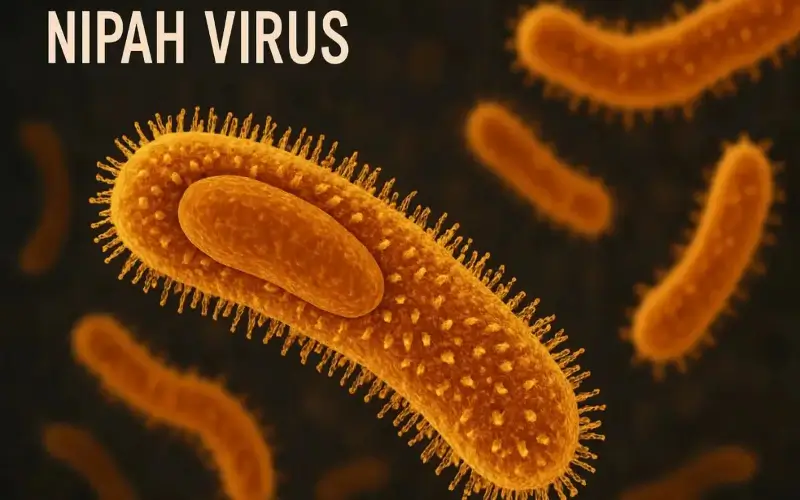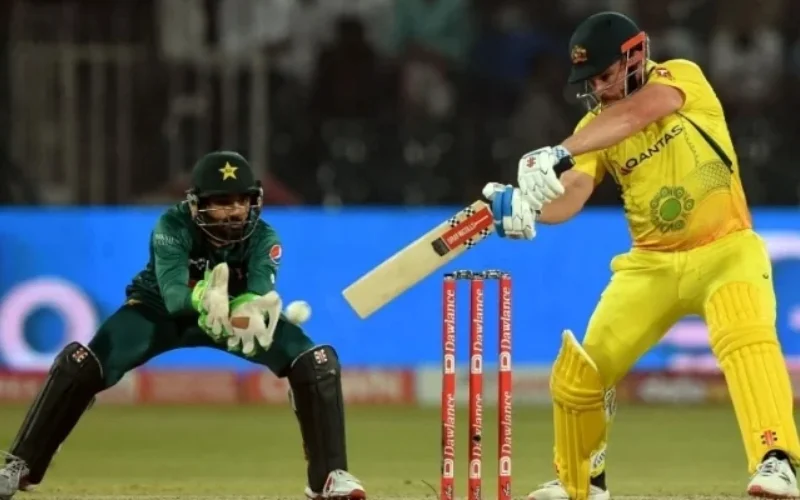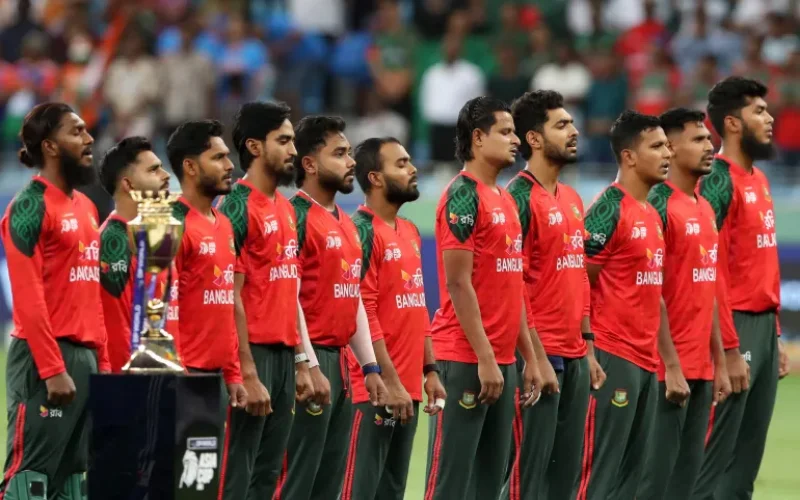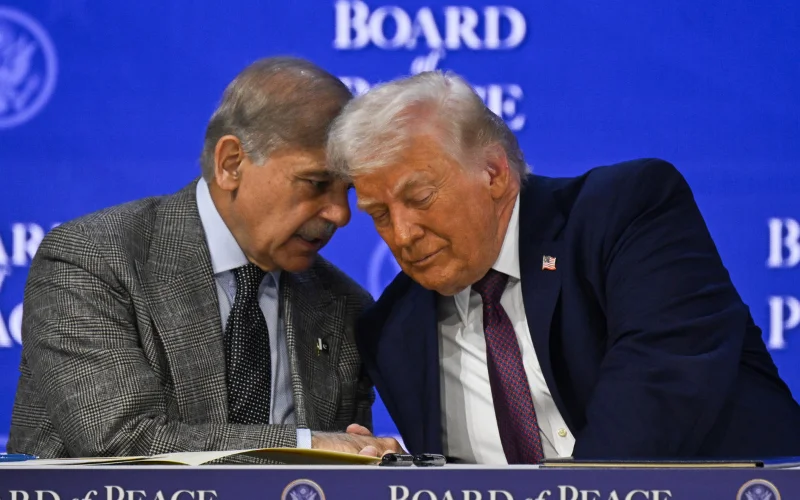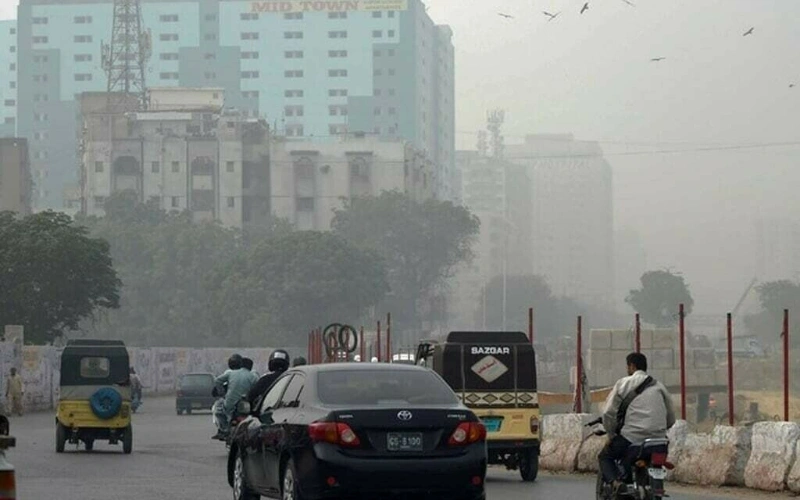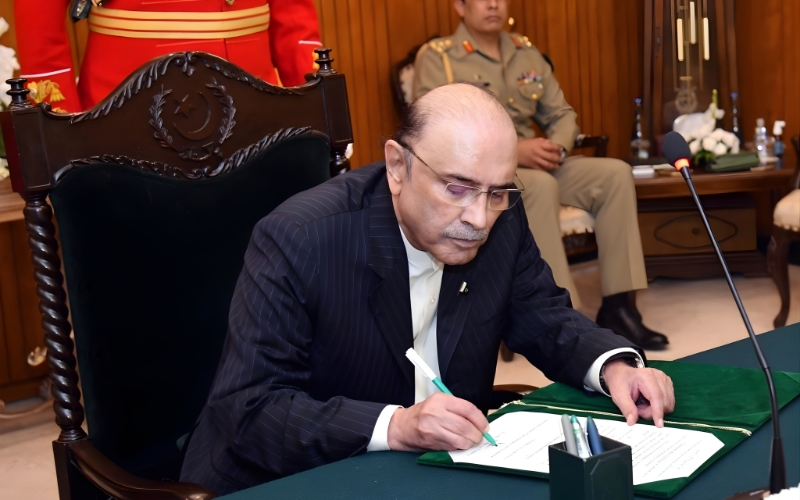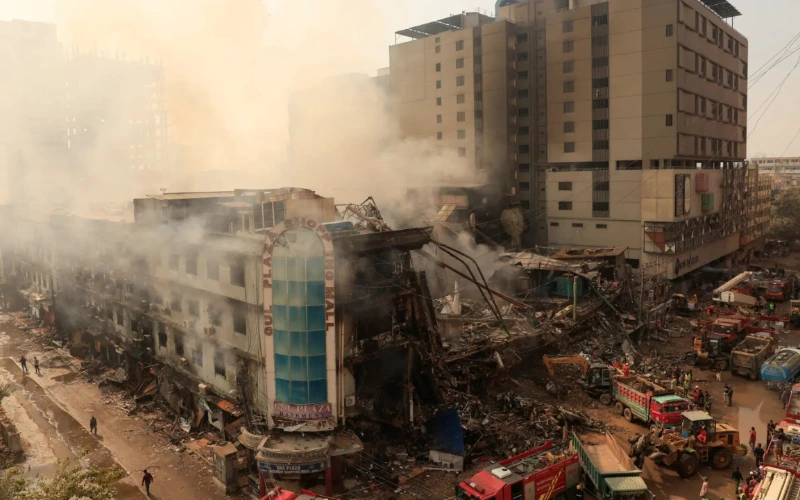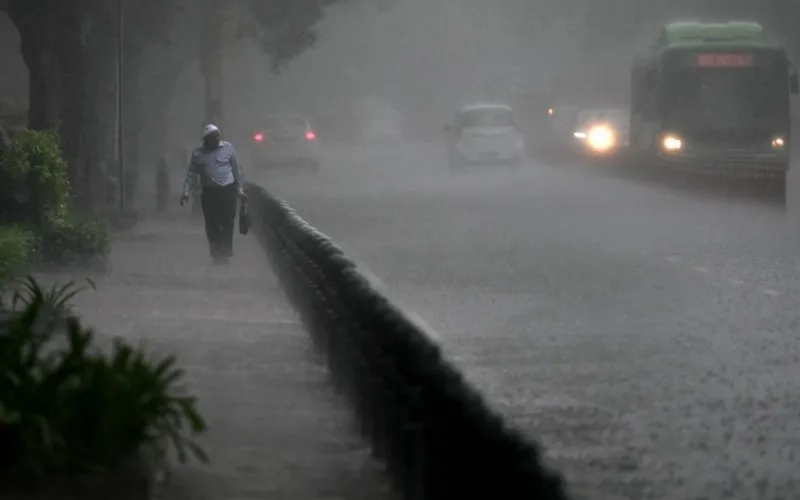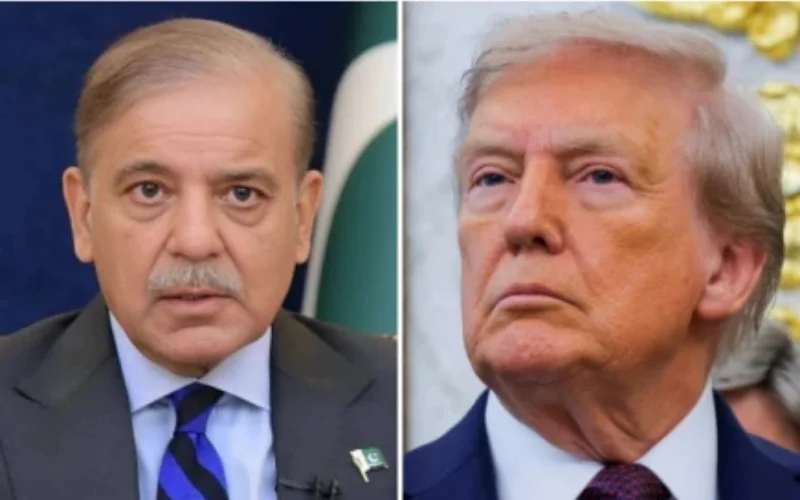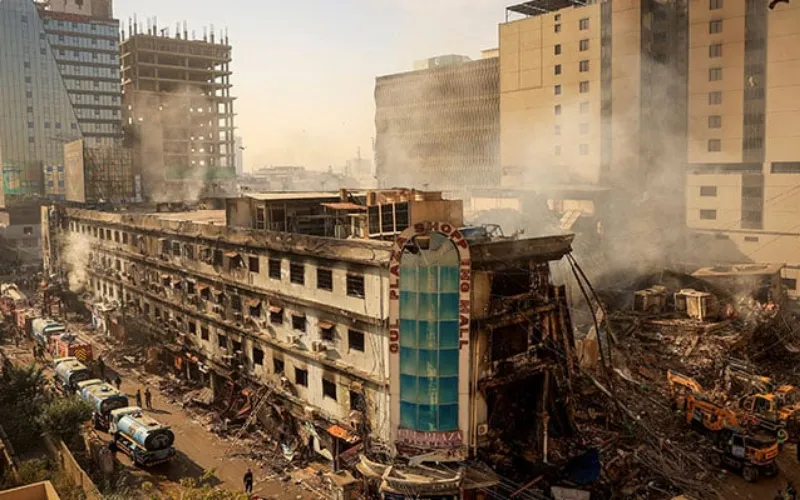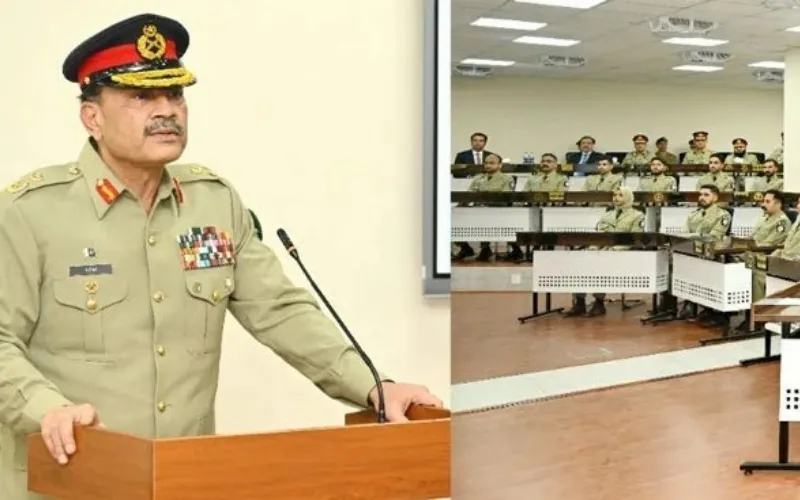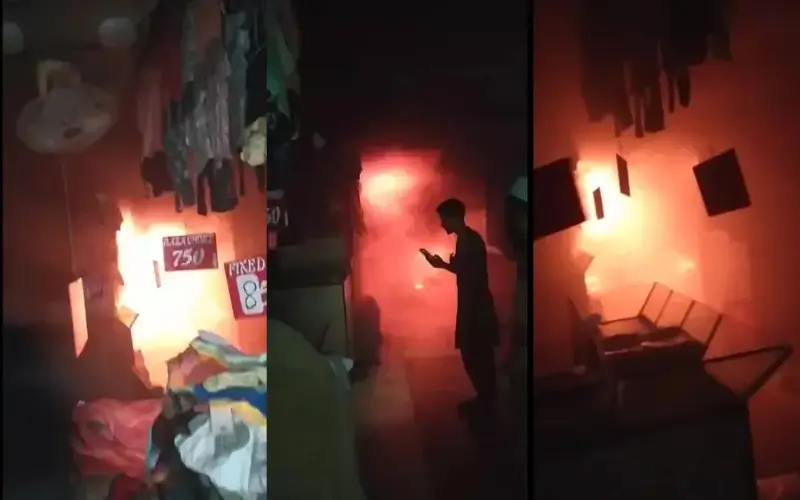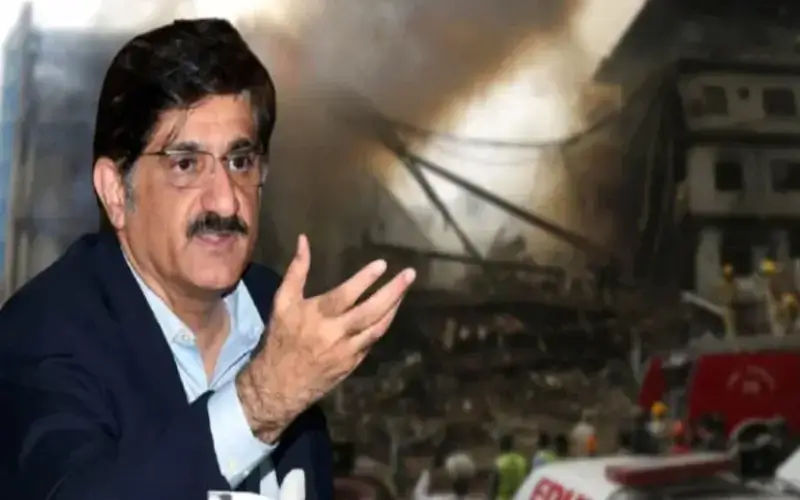President of the Qaumi Awami Tehreek (QAT) Ayaz Latif Palejo is a man of many talents. Besides being a prominent politician, Ayaz is a noted lawyer, a reputed teacher and a civil engineer. Of course, being the son of veteran left-wing leader, Rasool Bakhsh Palejo, he has a rich legacy to live up to. And he is fully aware of it. Ayaz Palijo started his political journey as a child activist when he was just 13 and today, he has thousands of followers, who hold him in high esteem and recognise his struggle for the rights of the people. In an interview with the Bol News, the QAT leader focuses on why politicians belonging to the middle and lower-middle classes fail to make an impact in the electoral politics of rural Sindh. Extracts of his interview
Why do Sindh’s nationalist and progressive parties fail to make any impact in parliamentary politics?
Palejo: There is a long history of bloody events behind this and it is essential to know them to put things in perspective. Before 1947, Pir Sibghatullah Shah Rashdi Suriya Badshah, who fought against the British and made many sacrifices, was hanged before he could attain power. His men, known as Hur, were imprisoned in camps on the directives of the British. These freedom fi ghters remained in those camps even much after the 1947 Partition. In the later days of Pakistani politics, the late Saeen G.M. Syed, who passed the Pakistan Resolution in the Sindh Assembly, was connived against and was defeated in the elections by Malik Sikander. Similarly, pop- ular Sindh hari leader, Haider Bux Jatoi, was defeated from Larkana, Saeen Rasool Bux Palijo – who served in Kot Lakhpat Jail due to his struggle for the restoration of democracy for eight years – was defeated in general elections twice.
What I want to emphasize here is that all those belonging to the middle or the lower-middle classes, who fought for the rights of people, met their doom, primarily because of the fl awed and corrupt political system in Sindh, which is still in the clutches of the jagirdars (landlords), pirs (spiritu- al leaders) and sardars (tribal heads).
Though I myself get a large number of votes in urban area of Tehsil Qasimabad of Hyderabad district in general polls, I remain unsuccessful in rural localities of the same vicinity where my activists are harassed and tortured and are forcibly stopped to cast their vote. Likewise, in the urban towns of Larkana, Shikarpur, Dadu and others, the opposition parties of the PPP do grab votes because educated Sindhis live there, but all of them lose in rural areas because they are not allowed freedom to operate.
Now the PPP has its own teachers, deputy commis- sioners, commissioners, mukhtiarkars, and investors at the polling stations, who are bought off for mil- lions of rupees. The PPP has both money and power and above all, the state institutions also support them. That’s the reason the PPP wins in the general elections every time despite its poor performance and corruption. Yes, the PPP’s ruling elites are involved in rampant corruption but all people of PPP are not corrupt.
However, I must state here that the PPP also blackmails state institutions by repeatedly using the Sindh card. But in Punjab, the PPP is used as a tool to bring the federal government in power and ensure a balance in politics. But this game will defi nitely result in dire consequences in the future, mark my words.
All the candidates running in elections must show their source of income and assets honestly to purify the system. People know the source of income of these people but the government is unable to check and see these resources. People are aware and avoid casting votes for such dishonest people. In Karachi, to secure votes, the MQM used to threaten people with dire consequences and its heads of zones, sectors and units resorted to strong arm tactics to steal the elections.
But the nationalist and left-wing politics remained fairly popular among students and educated people of Pakistan – at least once upon a time.
Palejo: First of all I would like to talk about the left-wing parties. The Pakistani left got inspiration from the progressive ideology of Soviet Union and China and in a way remained connected with them. The Union of Soviet Socialist Republics (USSR) disintegrated in 1991 and the Eastern European bloc under its infl uence also gave way as East Germany, Bulgaria, Poland and others returned to capitalism.
But China transformed the entire model of socialist and communist system, while paying more heed to the market economy. In West Bengal of India, Communist Party ruled and delivered for decades but this glorious era ended after popular politics blossomed there. However, our local left- wing parties, who were not that strong and impactful, ultimately had to face consequences as they were reluctant to change their dynamics or face up to the new challenges. That’s the reason they failed to expand their roots in mainstream politics.
Now when it comes to nationalist politics, I would like to call myself a nation-friendly leader instead of being a nationalist. If nationalist leaders were not involved in crimes, extortion, like the MQM was for decades, and had some upright role models and able to deliver to the people without resorting to violence, hate politics, racialism etc, they might have ruled the country by now. Having said that, the nationalist activists are always sincere and hard-working and these comrades excellently fulfill their role in highlighting issues of water shortage, energy crises, unemployment, suppression etc. They were and still are deprived of their rights because the PPP is always busy maneuvering and manipulating the elections, exploiting innocent people and usurping their rights.
How different are the schools of thoughts of veteran nationalists, G.M. Syed and your fa- ther, Rasool Bux Palejo?
Palejo: Let me draw the main diff erence between the politics of these two veteran national leaders. My father used to speak about entire haris (peasants), the oppressed people of Pakistan. He was a big scholar, researcher and writer. His was a unique personality and he could be described as a national leader of South Asia. He had international views and never believed in racism. He wanted to bring all Pakistanis and people of the world together. He belonged to a middle-class family and devoted his life to serving the people of lower classes and their women and children.
As for Saeen G.M. Syed, he used to talk about people of Sindh only. He focused on student politics, but that kind of student politics harmed the education sector of Sindh to a great extent. He was an outstanding scholar, who worked on teaching and philosophy of the great poet and Sufi Shah Abdul Latif Bhittai. He played an excellent role in consolidating various institutions of Sindh. He was a nationalist leader, who did not compromise with the powerful forces.
Rural-Urban divide in Sindh is a sad reality. What measures should be taken to bridge this divide?
Palejo: Supremacy of merit, justice and equal opportunities without any discrimination could do away with the rural-urban divide and bring the people together, as we all are Pakistanis. Those who live in Sindh are Sindhis as there is no divide of urban and rural people on linguistic grounds. They speak Sindhi, Urdu, Pashto and Punjabi, and they work together in various public and private sector organizations and earn their living. Yes, it is sad that after 1980, the peaceful and harmonious atmosphere of this province was vitiated and racial hatred and terror politics were introduced in Sindh. But it is high time that such type of negative politics is done away with for good and all the parties make eff orts to eliminate this detestation between the Urdu-speaking and Sindhi population.
Do you think that MQM and its splinter groups can play any positive role in bridging this gap?
Palejo: Unfortunately, the Muttahida Qaumi Movement and its splinter groups or factions also did the same type of politics which created a reign of terror in Sindh, with body bags being discovered from various corners of Karachi and other cities. In my opinion, the MQM people should shun their politics based on racism, hatred and infi ghting and move on. Whenever they have a tussle with the PPP for power, they raise vociferous slogans, calling for a division of Sindh which they use as a blackmailing tool. If they put an end to this kind of politics, there is no issue. Believe me, there will be no issue after that, neither leadership nor ethnic. Previously, the MQM ruled Karachi from 1986-87 when Dr Farooq Sattar Bhai was the mayor, to 2015- 2016. They reigned over Karachi for 30 long years, but failed to deliver.
It is easy to blame Pakistan People’s Party (PPP), the Pakistan Muslim League-Nawaz (PML-N) or Pakistan Tehreek-i-Insaf (PTI), but in reality it is MQM that has always enjoyed power in the metropolis as it has had its own parliamentarians, nazims (mayor), councilors etc in place all the time. Yes, the PPP also did not deliver in rural Sindh. Though it keeps fulminating against PML-N, the PTI and other forces, it is wrong because the PPP has always been the ruler of Sindh. The honest truth is that while the PPP and the MQM continue to play Sindh and Mohajir cards respectively, they both failed to perform.The Urdu-speaking representative party, the MQM, always blackmailed leaders like ex-Prime Minister Nawaz Sharif, former president Asif Ali Zardari and even the other premiers and often threatened to quit the various alliances made with the ruling parties. Instead of that, they should have removed encroachments, raised an effi cient transport system, set up an education city in Karachi, established industries to enhance exports, generate jobs and improve the overall infrastructure.
Why do you think the PPP failed to deliver in Sindh despite having the power and resources at its disposal following the 18th amendment?
Palejo: The PPP has not served Sindh despite ruling it forever. There are no proper facilities of any kind in the rural areas. Life is very diffi cult in rural Sindh compared to urban areas, where people do have some facilities like public transport, taxis, rickshaws, well equipped hospitals, good educa- tional institutions etc. But, unfortunately, there is no concept of such facilities in the rural areas. There is no transport, most institutions are with- out teachers and severely lack infrastructure… and the hospitals are even without doctors and medicines. Besides, there is hardly any media coverage of the problems infl icting people in the rural areas. In major cities, the citizens can pro- test and raise their voice and there is abundant media coverage to highlight their problems. But I can tell you that the rural population is shy to highlight their problems and sometimes even unaware of them because of lack of exposure and literacy. Instead of addressing these issues, the PPP hides behind excuses and refuses to spend money on developing infrastructure in ru- ral Sindh which is criminal negligence on its part. Of late, the PPP has clamped down restrictions due to Covid-19, but I want to ask them what facilities or medicines have you provided to people here or to hospitals to counter the Covid-19 threat? The PPP has one and only quality – they ruin everything where they rule.
Political parties including the MQM, the Pak Sarzameen Party (PSP), the PTI, the Jamaat-e- Islami and even the component parties of Grand Democratic Alliance (GDA) have opposed the Sindh Local Government (Amendment) Bill 2021. What’s your take on this?
Palejo: General Pervez Musharaf’s regime brought the dangerous local government system back in 2000 because of so many divisions. The Sindh Local Government (Amendment) Bill 2021 might have 5 or 10 per cent short- comings but then, all stakeholders should have been taken into confi dence on the bill. There is some room to improve the current bill but it is not correct to dub it as an anti-people bill. The local government elections must be held in a transparent manner as counselors should not be bought off in shady meetings. This trend must be crushed. Recently, in Khyber Pakhtunkhwa, too, the PTI faced defeat in the local government polls, but nobody expressed reservations or raised objections to the polls being rigged. The councilors must have pow- ers to work as per their political agenda to serve the nation.
You are also the secretary-general of the GDA. How does the alliance view the Sindh LG bill?
Palejo: It is quite sad that the GDA could not adopt clear-cut policies about the many issues confronting the country such as agricultural crisis, bad governance, infl ation, infrastructure, corruption, poor health and education etc. People of Pakistan should be respected and their issues should be addressed on top priority regardless of any alliance. Every alliance should focus on issues being faced by people instead of saving seats…. If we deviate from the problems of the masses, what’s the purpose of politics?
The PTI has been facing a lot of criticism for its bad governance, infl ation etc. How do you assess its rule?
Palejo: The PTI is in power and has been harping on the same tune for three-and- a-half-years now. They must resolve the issues of people instead of constantly blaming the previous governments. The PTI also failed to rein in infl ation, generate jobs, boost the economy etc. Barring provincial issues, there are a myriad of federal issues that the PTI and its federal ministers need to address on a war footing. They must hold ‘’ khulli katecheríes’ (open public meetings) in various constituencies and districts to address the issues of infl ation and electricity, gas shortages besides pulling up Wapda, Pakistan Railways, Utility Stores Corporation and other organisations in order to ensure quality and performance.
Sindh is experiencing the worst gas load-shedding which is detrimental to the industries and the people. Sindh ought to secure its due share of gas according to the Constitution of Pakistan as it produces gas and must get a substantial share. The PTI-led federal government has been unsuccessful in its policies and seem to have no solid plan for reforms and for arresting the rapid decline in the economy. Massive infl ation has wrecked people’s lives but there is no betterment in sight. While I understand that PTI is not solely responsible for all the challenges being faced by the country, it has hampered the progress of the country. The ruling party itself is on its way to self-annihilation.

